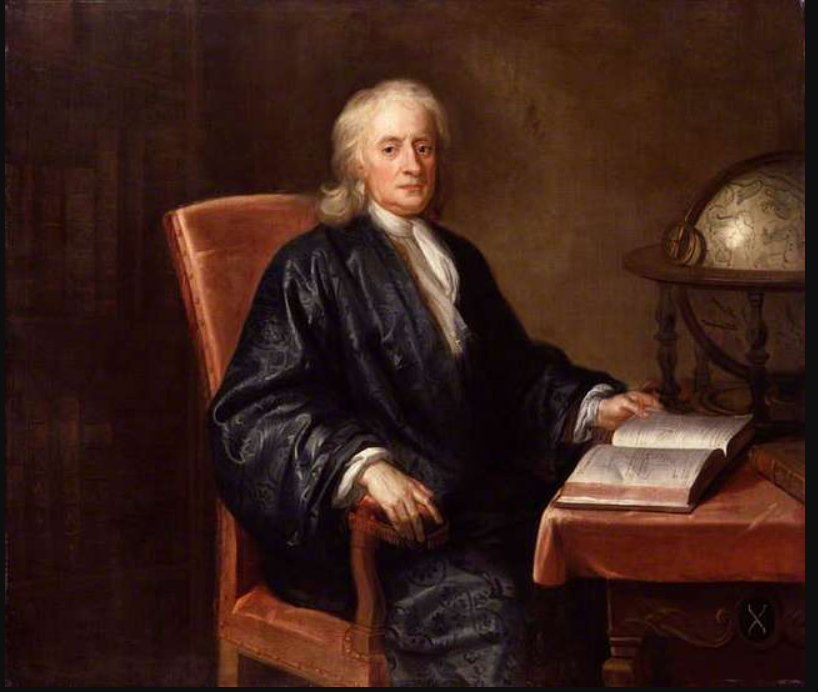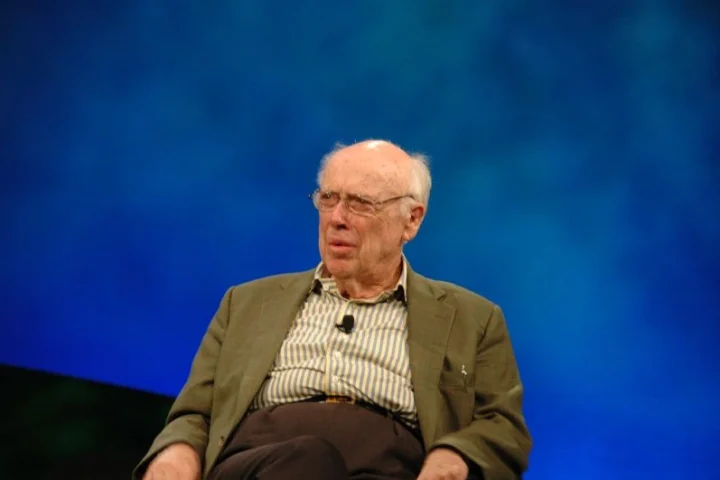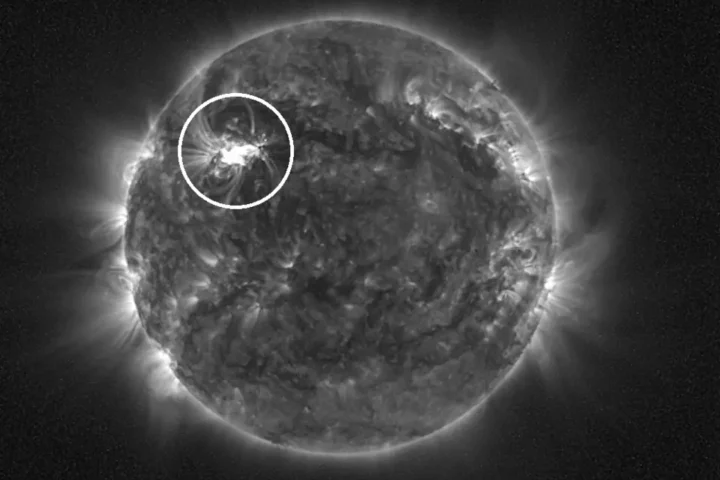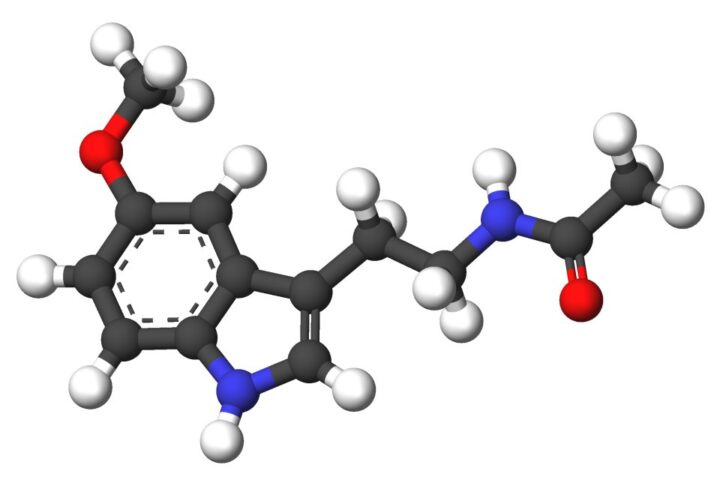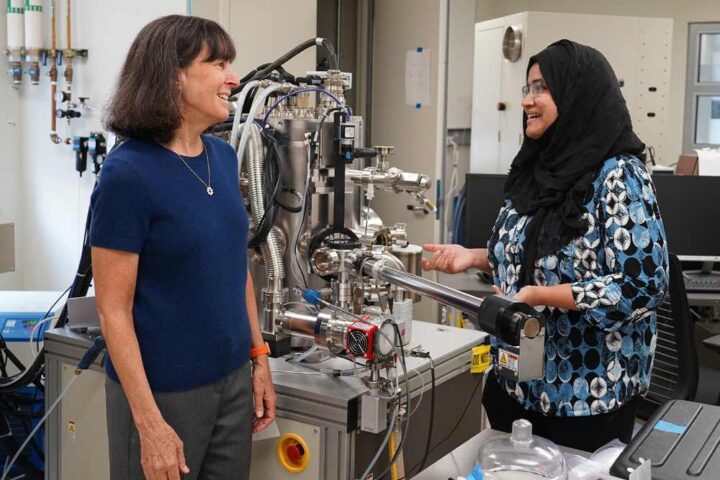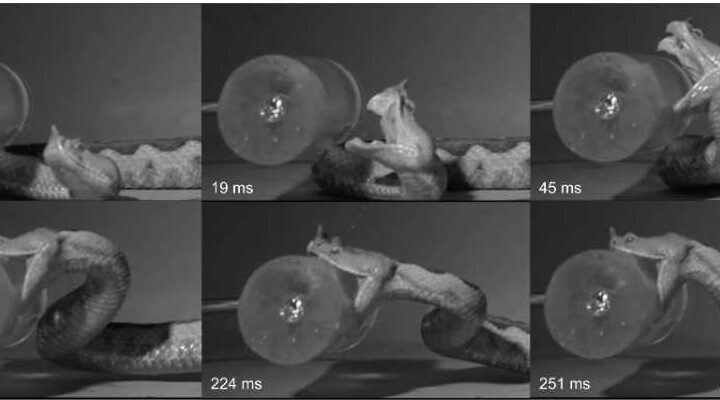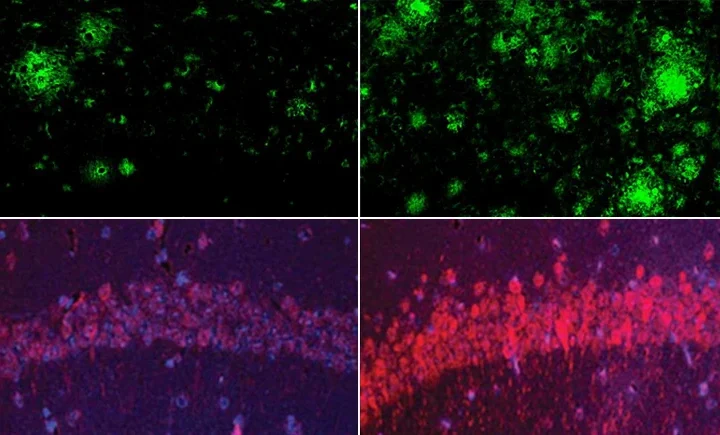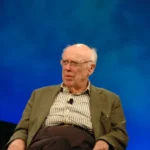The recent discovery by philosopher Daniel Hoek of a mistranslation in the English edition of Sir Isaac Newton’s Principia Mathematica has sparked renewed debate across scientific and philosophical circles. This revelation touches not only the academic community but, arguably, the very foundation of classical mechanics as traditionally taught. For over 300 years, Newton’s First Law of Motion—“an object in motion will stay in motion unless acted upon by an external force”—has defined scientific understanding. Still, Hoek claims that a translation error from the original Latin to English misrepresents Newton’s intended meaning.
The Roots of the Mistranslation: Latin to English in 1729
In 1729, translators faced a complex task. Newton’s original Principia was in Latin, the accepted academic language in Europe. The translators, perhaps unknowingly, altered subtle but significant language nuances, ultimately simplifying Newton’s phrasing. Hoek argues that in the Latin text, Newton’s First Law describes a state of motion not as an absolute but as conditional—objects remain in motion or at rest “unless compelled” by external forces to change. By contrast, the English version implies an inherent resistance to motion changes, a departure from Newton’s conditional framework.
Why This Change Matters: Misleading Philosophical and Scientific Interpretations
Hoek’s findings have generated discourse, with supporters noting that a conditional interpretation implies that Newton did not iview objects as entirely passive, as the standard interpretation suggests. As per Hoek’s reading, Newton’s law doesn’t strictly mean objects resist change but rather implies they’re affected based on circumstances, thus allowing for probabilistic interpretations more in line with modern physics paradigms.
In Newton’s original Latin text, the term “” (translated as “unless”) introduces this conditional aspect, which Hoek believes was crucial to Newton’s perspective. “Everybody persists in its state of being at rest or moving uniformly straight forward, except in so far as it is compelled to change its state by force impressed,” reads Hoek’s interpretation of Philosophiae Naturalis Principia Mathematica.
Academic Reactions: A Variety of Perspectives
Academic reactions to Hoek’s discovery have varied. While some experts agree the mistranslation represents a noteworthy shift in understanding, others feel the nuance doesn’t significantly impact the core meaning. Many would argue the choice of Latin over English. Scientific ideas, however, transcend linguistic boundaries; they rely on numbers and laws that require no translation. This reflects the sentiment among some scholars, who argue that the essence of Newton’s principles remains intact regardless of the translation issues.
Similar Posts
Implications Beyond Academia
For centuries, Newton’s laws formed the bedrock of classical mechanics, guiding not just science education but engineering, physics, and technological development. Hoek’s reinterpretation could inspire new pedagogical approaches, particularly if the probabilistic aspect he emphasizes gains traction in scientific curricula. By framing the First Law as conditional, instructors might teach a more adaptable, context-driven version of Newton’s laws that aligns with the conditional nature of quantum mechanics and relativity.
Examining Broader Mistranslation Impacts in Science
Newton’s Principia isn’t the first scientific work to face mistranslation issues. Historical examples, such as inaccuracies in the translations of Aristotle’s works or the misinterpretations of the early scientific texts, underscore the challenges of translating complex ideas. Hoek’s finding joins a broader conversation on how translation affects scientific legacy and public understanding, often leading to simplified or, occasionally, misleading interpretations that persist across generations.
The Importance of Accurate Translation in Science
The broader issue here isn’t just about one mistranslation but the importance of linguistic fidelity in scientific work. Inaccuracies can limit the evolution of thought by reinforcing fixed, absolute ideas that could otherwise remain open to reinterpretation. To address this, Hoek’s work advocates for revisiting historical scientific texts with advanced linguistic tools and interdisciplinary teams to ensure accuracy.
Experts in the philosophy of language, like Hoek himself, argue that language shapes thought, particularly in fields as foundational as physics, where precise definitions govern entire fields. This mistranslation may prompt further analyses into how translation affects understanding, possibly inspiring new interpretations in historical scientific documents.
Final Thoughts: Revisiting the Fundamentals of Classical Mechanics
Daniel Hoek’s discovery invites society to reexamine long-standing scientific doctrines. As scientific fields advance, blending quantum mechanics with classical physics, and as translations continue to improve with technology, Hoek’s reinterpretation of Newton’s First Law raises questions about our adherence to linguistic artifacts. While classical mechanics may appear immutable, this mistranslation demonstrates how interpretations evolve and how vital it is to revisit foundational texts periodically.
In Hoek’s words, the “clumsy mistranslation” may seem minor, but its implications are far-reaching, showing that even the giants of science require the occasional update.
